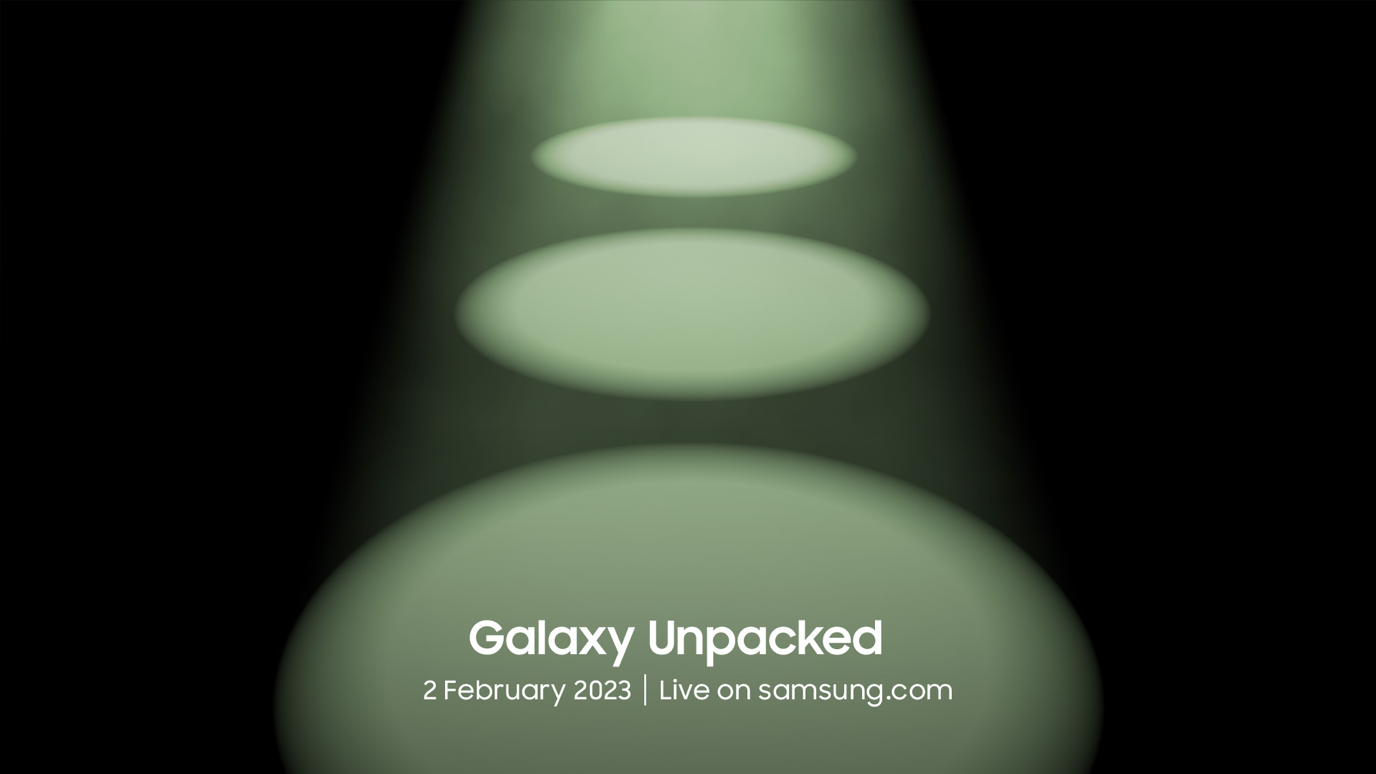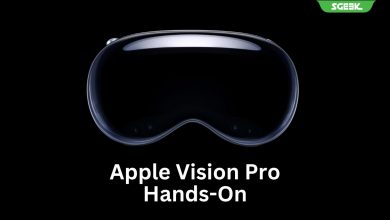
Meta may seek assistance from Magic Leap in order to maintain its competitive edge against new players like Apple in the increasingly crowded field of augmented reality (AR). The two companies are reportedly engaged in discussions to establish a multi-year intellectual property (IP) licensing and manufacturing agreement.
In case you’re wondering what Magic Leap is, their AR glasses were to usher us into a new era of augmented reality, a realm where we could engage with digital objects as though they were physically present. Regrettably, their endeavor ended in a remarkable failure. Despite accumulating nearly $2 billion in funding by early 2020, the company’s offerings, apart from a few impressive demonstrations and imaginative art projects, failed to provide a compelling reason for their target audience of developers and creators to invest in a US$2,295 headset. Similar to the experience with Google Glass, Magic Leap seemed to be a false start for augmented reality, attempting to address a problem that didn’t truly exist.

However, sources indicate that the potential partnership is unlikely to result in a jointly developed headset. Instead, the arrangement could involve Magic Leap granting Meta access to some of its optical technology. Additionally, the collaboration might involve Magic Leap providing manufacturing support to Meta, enabling the tech giant to produce more of its virtual reality (VR) headsets domestically.
This move aligns with the growing trend among US companies to reduce reliance on China for production. Meta has not yet responded to Engadget’s request for comments, while Magic Leap acknowledges that partnerships have become a significant area of focus and a promising opportunity for their business. In a blog post titled “What’s Next for Magic Leap,” CEO Peggy Johnson mentioned last year that the company has received considerable interest from various industry players in licensing their IP and utilizing their patented manufacturing process for optics in the development of their own mixed-reality technology.

Meta is facing pressure from investors to demonstrate tangible results after investing substantial amounts of money in pursuing CEO Mark Zuckerberg’s vision for the future of computing. The company anticipates that it will take several more years before its metaverse projects become profitable. Meanwhile, Meta is currently spending approximately $10 billion per year on its Reality Labs division.
There is widespread anticipation that Apple will enter the AR headset market in the coming month, coinciding with the company’s WWDC developer conference, so the second attempt for Magic Leap glasses couldn’t be more timely.






